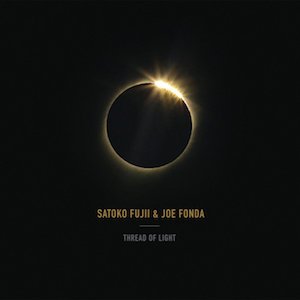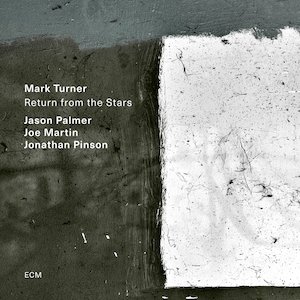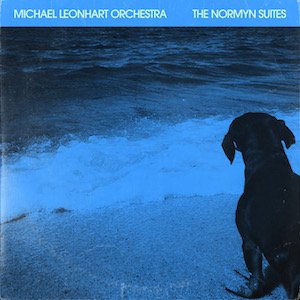Label: Trouble in the East Records, 2022
Personnel - Silke Eberhard: alto saxophone; Patrick Braun: tenor saxophone, clarinet; Nikolaus Neuser: trumpet; Gerhard Gschlößl: trombone; Jürgen Kupke: clarinet; Taiko Saito: vibraphone; Antonis Anissegos; piano; Johannes Fink: cello; Igor Spallati: bass; Kay Lübke: drums. Guest - Youjin Sung: Korean gayageum.
Lasting less than 30 minutes, this five-track recording by the group Potsa Lotsa, the brainchild of Berlin-based saxophonist and composer Silke Eberhard, comprises textures and moods that are like torchbearers for a warm East-West cross-pollination. The group was formed in 2010 as a quartet to perform the music of Eric Dolphy, but here it's expanded into its 10-piece version. The music in Gaya was written with the Korean gayageum player Youjin Sung in mind, revealing Eberhard’s fascination for these marvelous sounds while exploring the harmonic possibilities of that instrument.
With “Hana”, she gracefully bridges these worlds with smooth changes of tempo, primarily conjuring up mysterious tones, and then expanding the sonic palette with specific detail as Sung takes the lead, followed by Taiko Sato on vibraphone and Nikolaus Neuser on trumpet.
Denoting sophistication in the arrangement, “Ned” sets up its introductory section with saxophone and bowed gayageum, becoming groovy, propulsive, and polyrhythmic as the sequences unfold. The one stepping forward and claiming a spotlight moment here is the trombonist Gerhard Gschlößl, member of the avant-garde jazz outfit Gulf(h) of Berlin.
The ensemble shows not to be afraid of unorthodoxy and quite some dissonance while performing “Dul”, which, bolstered by the dynamic microtonal plucks of the Korean guest, makes for a singular, somewhat playful experience. “Sed” is another rhythmically interesting narrative told with a finely calibrated instrumentation and contrapuntal expertise. A mix of urgency and repose is created, with the saxophonists grabbing the soloing time. Eberhard is particularly effusive in her melodic jabs, flanked by scathing cello attacks and nervy piano whirls. Listening to this record is like traveling to distant places. The landscapes evoked are beautiful.
Favorite Tracks:
01 - Hana ► 03 - Sed ► 04 - Ned








































